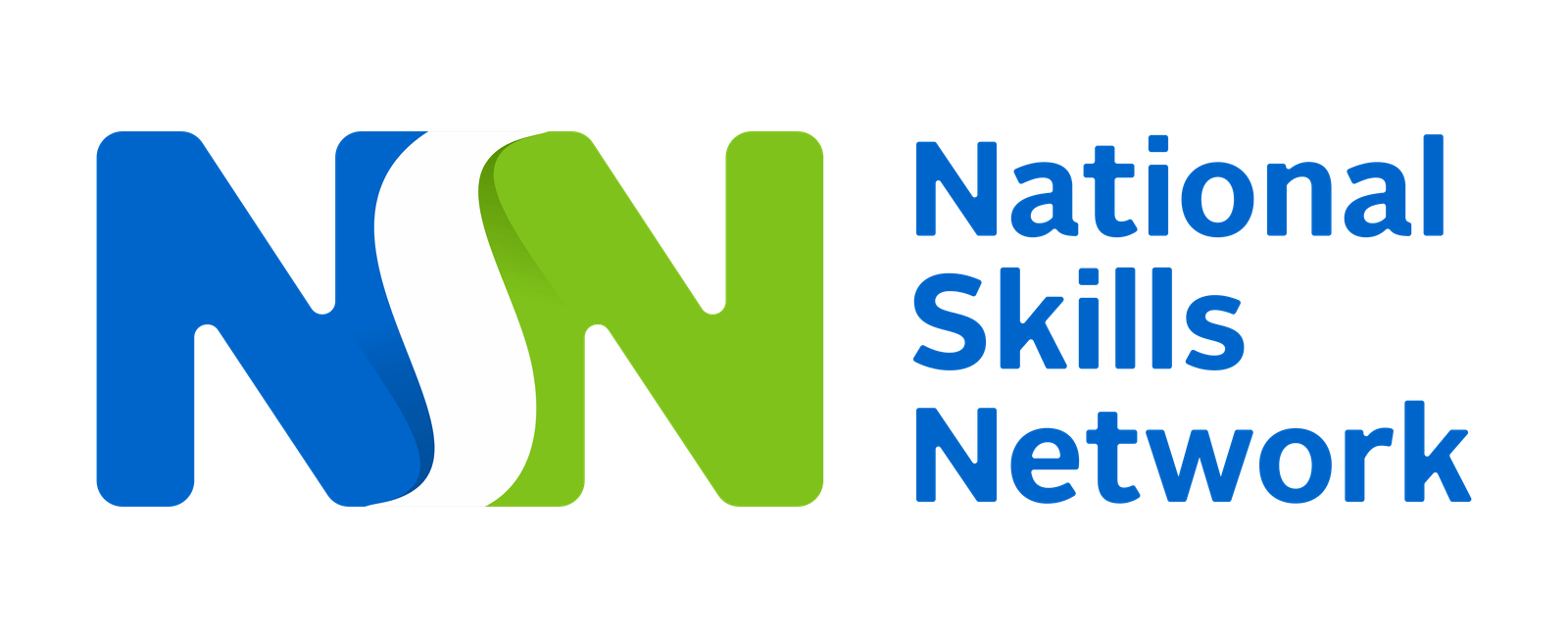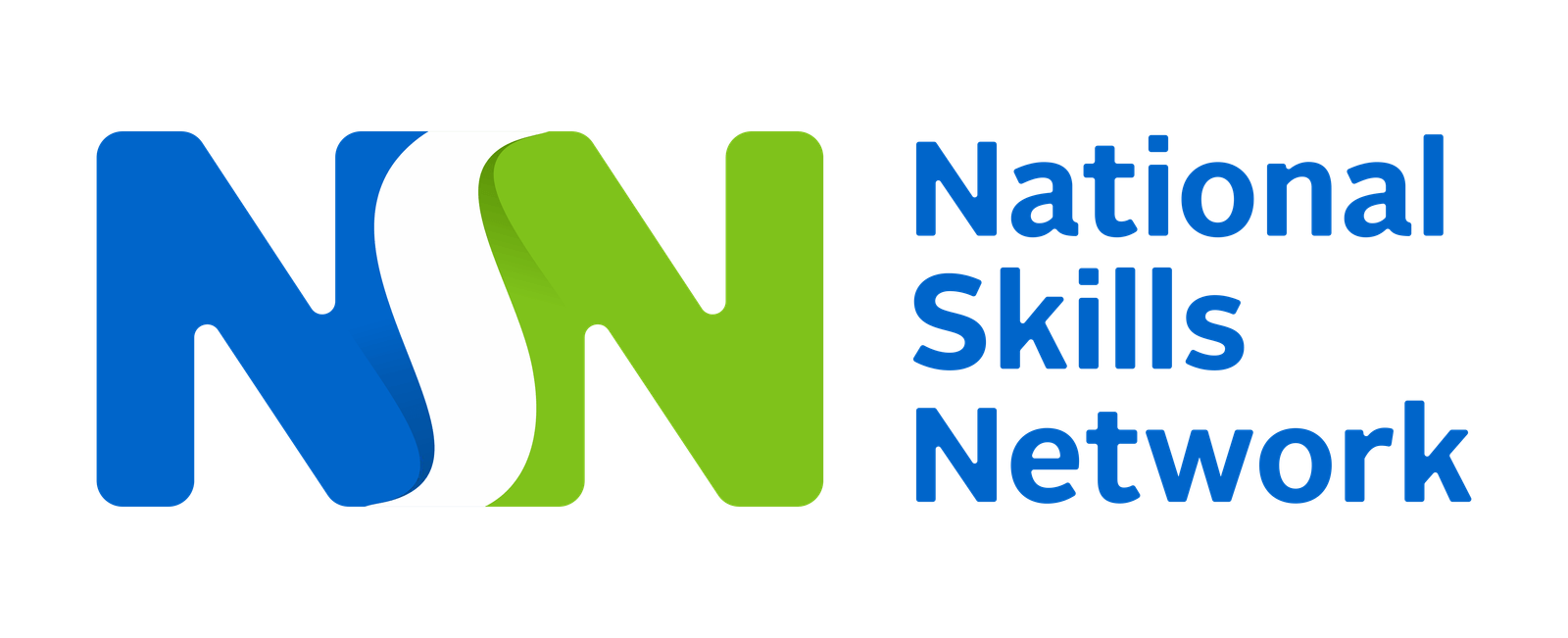In this guest article, Ajay Mohan Goel, Co-Founder and Principal Consultant at SMG Skills Pvt Ltd, brings out the complex nature of issues surrounding various initiatives in skill development and training in India and their implications on placement and employability. Let’s read on about the training placements connection.
Almost all the government skilling schemes have financial incentives linked to placement. Each of these schemes is funded by tax payer’s money and are intended to have social and economic impact. For unemployed youth who get skilled, the schemes definitely need to have provision for employment and/or self-employment. In case of employed people undergoing upskilling, continued employment and perhaps increase in salary in the near future is desirable. Another category of youth who have learnt through traditional methods on the job or self-learning can benefit through the mechanism of Recognition of Prior Learning (RPL). RPL can bring in social esteem and enhanced job / earning prospects. The key issue in the first case is, what should be the placement goal and at what salaries. Is 70% the right percentage? I think the jury is still out on this issue.
 It is important to ensure assessments are strengthened and made credible in the eyes of the industry, such that each certified person is employable as per industry standards. The second key is to provide enough financial incentive to the training provider to focus on quality placements.
It is important to ensure assessments are strengthened and made credible in the eyes of the industry, such that each certified person is employable as per industry standards. The second key is to provide enough financial incentive to the training provider to focus on quality placements.
Skill development is not a goal in itself, it must result in employment – some key issues
I do believe that focused skill development needs to prepare a candidate for the world of work, whether in employment or self-employment. Once a trained candidate is employable, the employment would also depend on the people requirements of the industry / employer. A key assumption which often goes wrong is that a person once skilled, is ready to move to another location to work. Sustainable salaries required in different cities vary significantly and employers are often unwilling to pay them. Moreover it is not easy for people to migrate to another location for work.
The second issue in India is a significant demand-supply mismatch, with supply, outmatching the people needed. Often employers settle for lower wages than employing skilled and certified persons. The third area which is creating a large divide between employable person and employment is the slowing down of job creation, with higher capital intensity for increased output, as compared to labour intensity.
Impact of placement targets on the quality of training and role of training partners
In an ideal scenario, placement targets would strongly influence the entire training cycle, from the student mobilization, to input profile, training pedagogy, trainer quality, industry engagement and understanding the needs of local employers. Employer(s) would need to be involved at each stage of planning, designing and execution. Ground level scenario shows that very few training providers have done this, if at all, and that too half-heartedly. Most training providers cause a “push” for students to get placed, rather than causing a “pull” from employers to recruit skilled, and certified candidates. Below par and inconsistent assessment quality also does not help in closing the training placement loop.
Linkage with industry (corporate organizations) for the training partners to make training effective
Training providers need to create strategic plan for ensuring placement and reflect it in the organisational structure at National / State / District level, rather than leaving placement activities to the center managers / counsellors. TPs need to have close partnership with employers, whether they are large employers or those employing very few employees. These need to include industry visits, short internships, training of trainers by working professionals, and use of each other’s infrastructure.
Another key area is to provide effective support to training providers by NSDC, various sector skill councils, and local industry associations. This has been by and large lacking until now.
A stark observation is that I have yet to come across a newspaper or any advertisement from an employer specifically mentioning the requirement of a person with a specific NSQF aligned job role. This needs to be corrected, starting with all the organisations who are part of the governing councils of the 40 Sector Skills Councils, promoted by industry.
Correcting the imbalance: some industry sectors create more job opportunities than others
Another key area is to provide effective support to training providers by NSDC, various Sector Skill Councils, and local industry associations. This has been by and large lacking until now.
An effective and dynamic labour management information system at the district and state level is essential to correct the imbalance between employment opportunities and trainings conducted. This is no doubt a difficult task, but is essential. This needs to be not just sectoral, but also job role specific.
I think one key area where NSDA, NSDC, sector skill councils and national and state level industry associations must play a role, is to educate and inform training providers on the demand side and its changing dynamics. This input has been grossly inadequate / absent.
Suggestions to promote self-employment
Micro and small industries have been the biggest job creators. It is important to inspire and motivate a small percentage of youth who are skilled and certified to take up self-employment. Each training program should anyway include a capsule on starting on one’s own.
For the candidates who wish to pursue this as the path, there is a need to provide a guided program for mentoring them to become self-employed and become job creators, rather than job seekers. MUDRA scheme is an excellent funding mechanism for this.
Another suggestion is to systemically support this initiative jointly through the sector skill councils and large to medium corporate houses, who can help provide market access to these budding entrepreneurs.
Subscribe to our YouTube channel for more updates:
Subscribe on YouTube














There are TPPs whose main business is campus placements, and training is provided as an extra benefit to the students. They have no control on the content, as the appointment of trainers is finalized at the last minute, and they only allocate the topics, not the content. I am sure they collect huge grants on a per student basis from the government agencies.